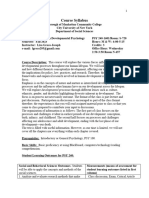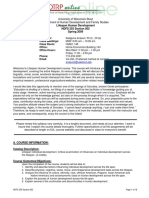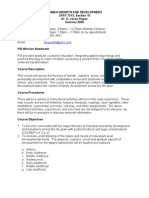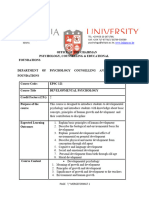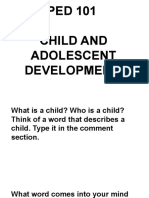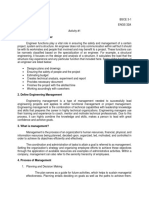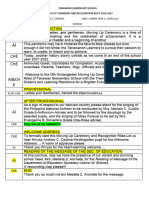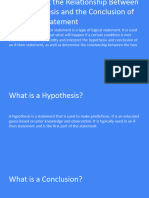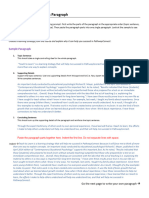0% found this document useful (0 votes)
10 views3 pagesPSYC 1050 Introduction To Human Development
It describes about the topic of psychology and human development, it is the basis for introducing psychology
Uploaded by
Belinda MputiCopyright
© © All Rights Reserved
We take content rights seriously. If you suspect this is your content, claim it here.
Available Formats
Download as PDF, TXT or read online on Scribd
0% found this document useful (0 votes)
10 views3 pagesPSYC 1050 Introduction To Human Development
It describes about the topic of psychology and human development, it is the basis for introducing psychology
Uploaded by
Belinda MputiCopyright
© © All Rights Reserved
We take content rights seriously. If you suspect this is your content, claim it here.
Available Formats
Download as PDF, TXT or read online on Scribd
/ 3



